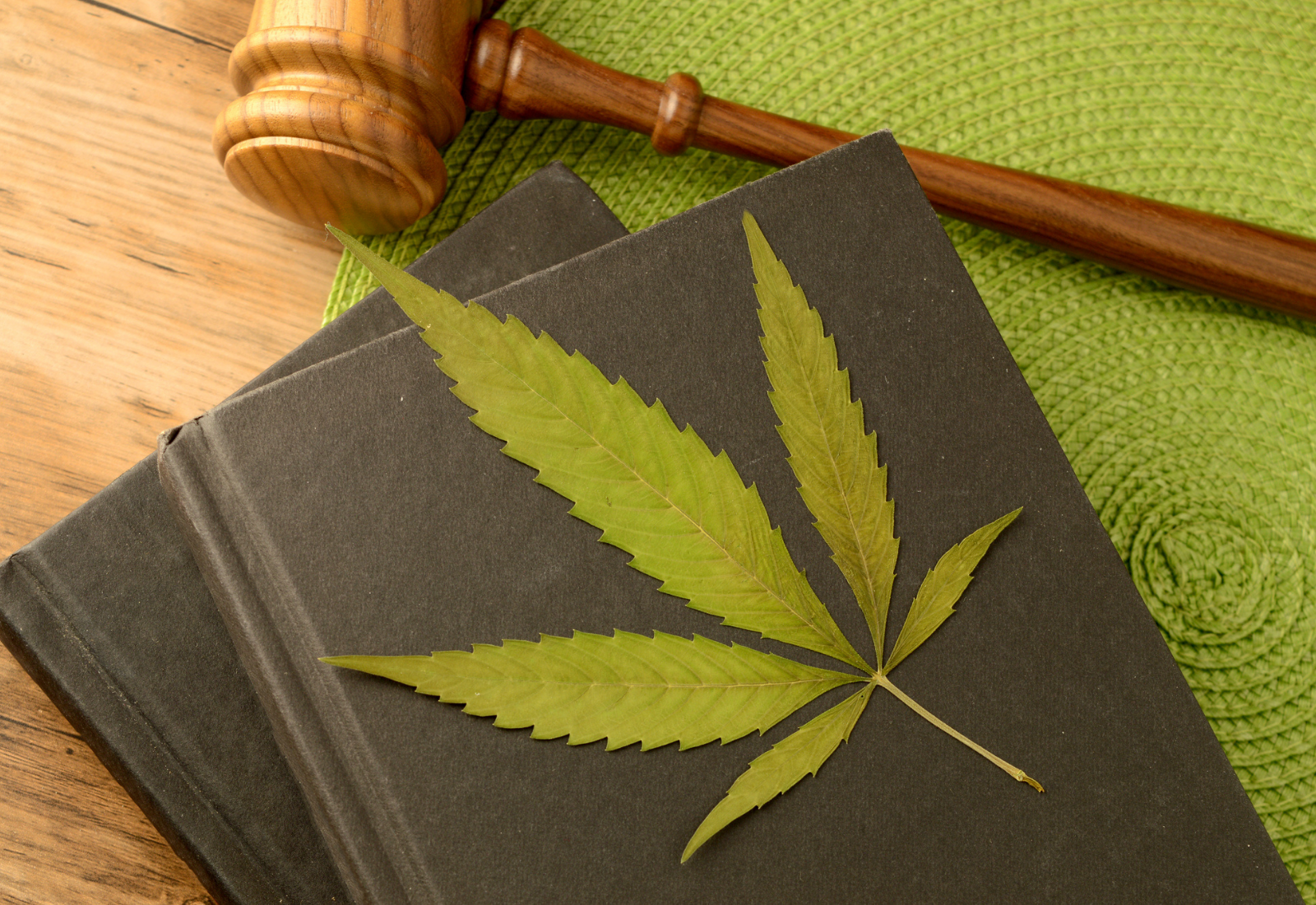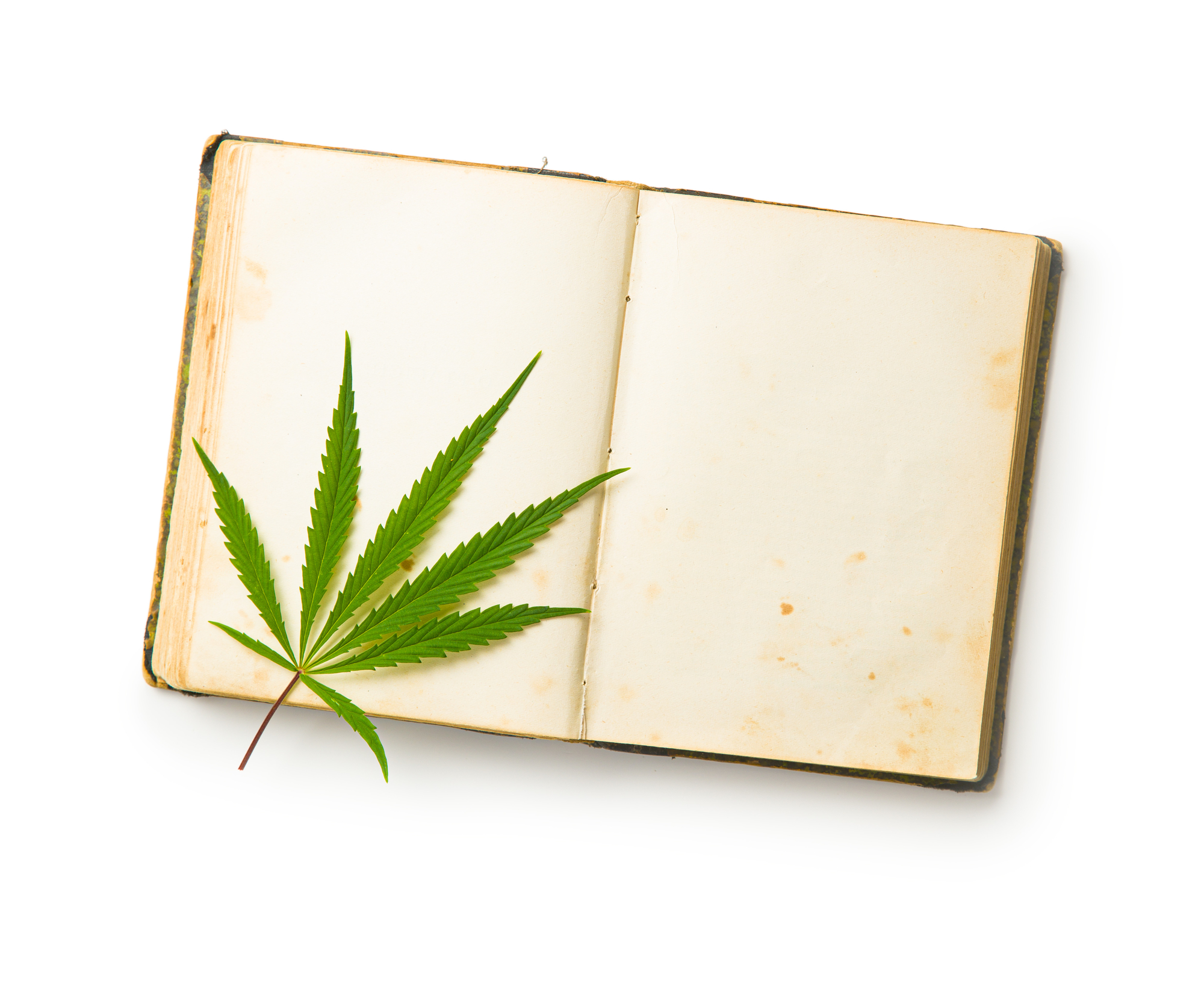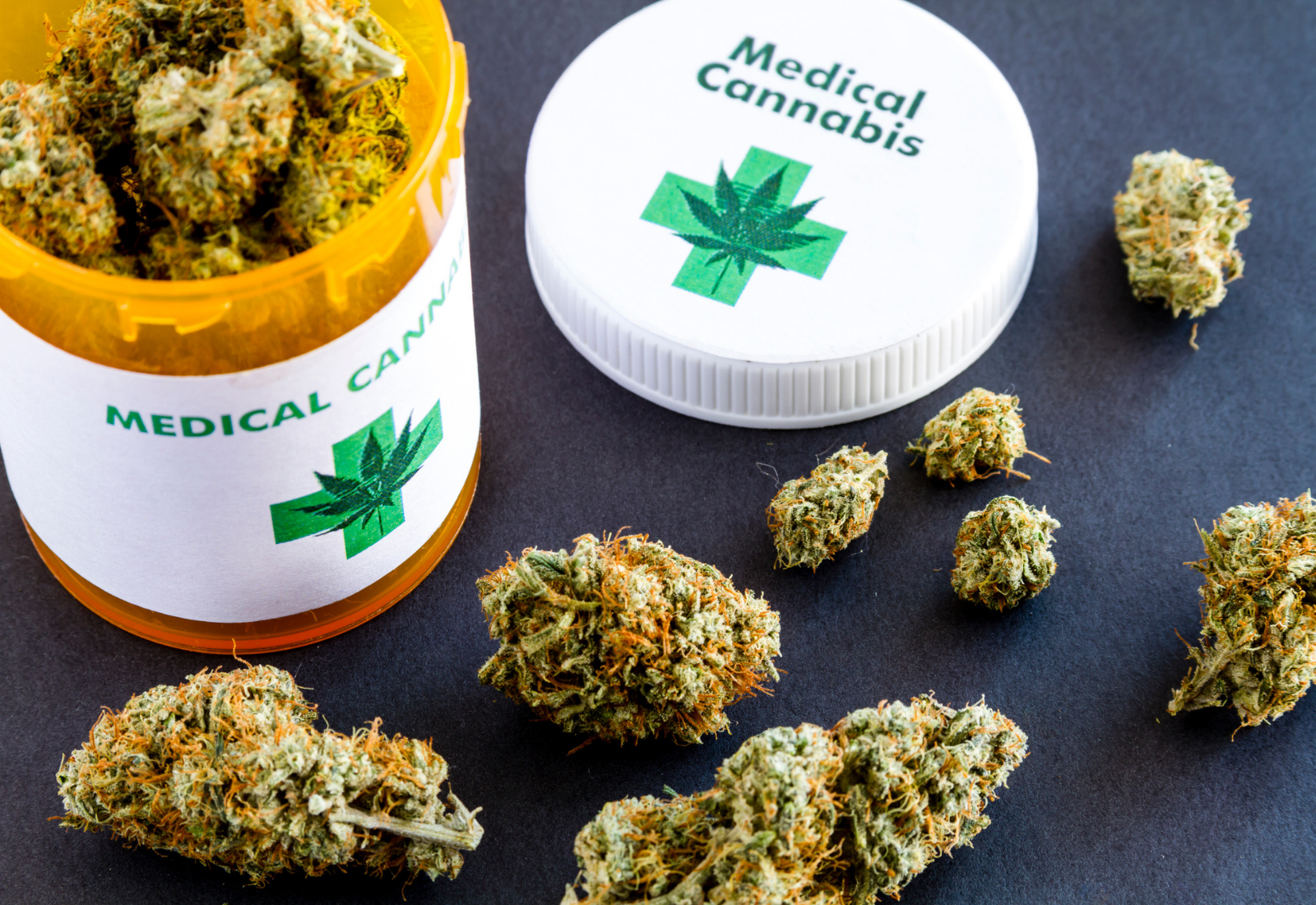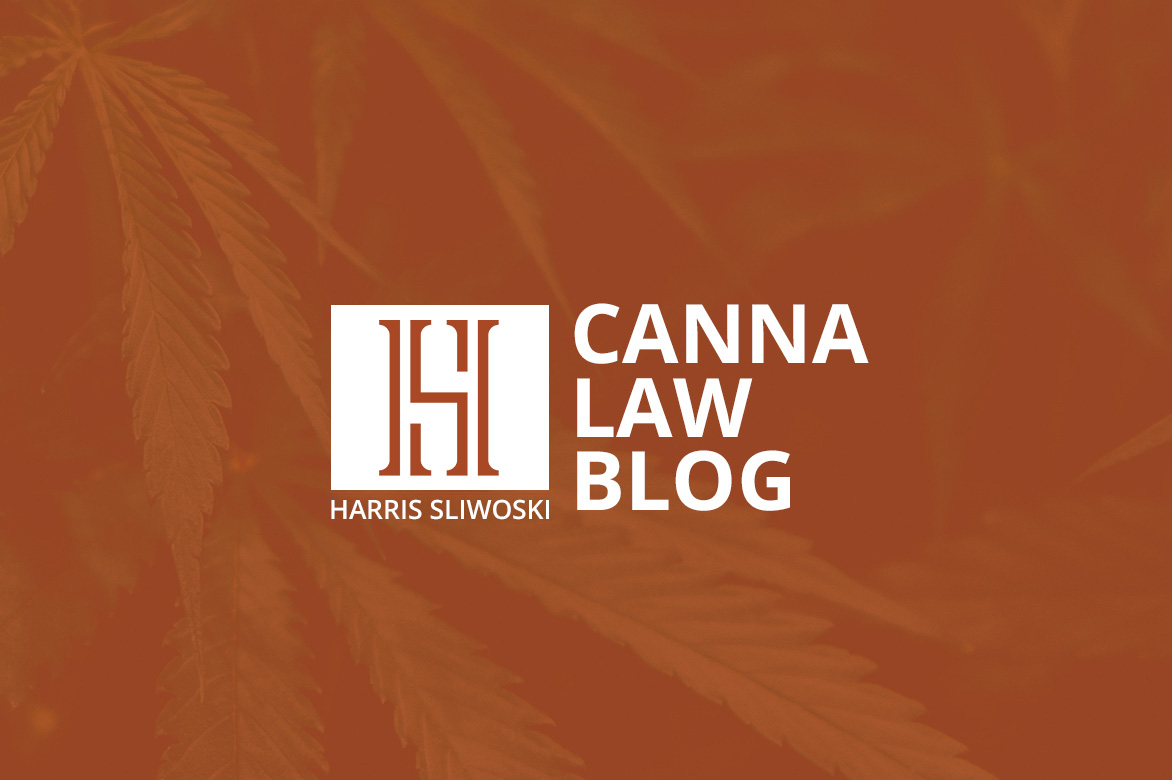Get in Touch with Our Cannabis Law Team
Get started by filling out the form, or call 1-888-330-0010 to schedule an initial consultation.
"*" indicates required fields



Industry-expert legal planning, regulatory support, corporate guidance, and compliance strategies.
Contact UsHarris Sliwoski has been a leader in cannabis law and policy since 2010 when we began our cannabis advisory practice in Seattle, Washington. For more than a decade, we have been helping businesses across the country successfully navigate state and federal cannabis regulations. We bring that experience and expertise to our practice in Salt Lake City, where we focus on Utah’s medical cannabis and THC programs and on the prospects for legalization or reduced penalties for non-medical cannabis use.

In Utah, the only legal way to use or possess cannabis is through the state’s medical cannabis program. Otherwise, possession of any amount is punishable by a fine or jail time. Possession of up to a pound of cannabis or any amount of cannabis paraphernalia is a misdemeanor. Possession of more than a pound, or the sale of any amount outside of the medical cannabis program, is a felony that can carry more severe penalties. The penalties increase for larger amounts, sales to minors and sales within 1,000 feet of a school.
The Utah Medical Cannabis Act, passed in 2018, legalized the use of cannabis to treat specific ailments, including cancer, epilepsy and multiple sclerosis. To purchase medical cannabis, a Utah resident needs a medical cannabis card issued by the state’s Department of Health and Human Services (DHHS). To obtain a card, residents must meet several requirements, including having a qualifying medical condition and getting a recommendation from a registered medical provider.
Medical cannabis can take various forms, from tablets to oils to lozenges. With any form of it, patients may only possess a 30-day supply. Each dose may only contain up to 20 grams of tetrahydrocannabinol (THC), the psychoactive compound in cannabis.
Cannabis can only be purchased in Utah at medical cannabis pharmacies licensed by the DHHS. Home cultivation, even for medical purposes, remains illegal. Medical cannabis pharmacies are subject to regulations including the following:

Because it does not contain significant amounts of psychoactive THC, cannabidiol (CBD) is subject to less stringent restrictions than cannabis. Products like CBD oil and hemp abstract are legal if their THC content is 0.3% or less, but they must still be registered with the Utah Department of Agriculture and Food.
Because of the potentially significant legal consequences of using or possessing THC, it is vital to ensure a CBD product contains only the legally allowed amount of THC. It is also important to know if a CBD product is derived from the higher-THC cannabis plant or the lower-THC hemp plant.

Beyond advising individual businesses, our cannabis attorneys are committed to fortifying, defending, and building credibility for the industry as a whole. Harris Sliwoski’s cannabis business lawyers are more than legal strategists—they are thought leaders: forward-thinking bloggers, educators, writers, and speakers.
They regularly write articles for legal journals and frequently post to our acclaimed and widely followed Canna Law Blog. We speak to business and trade groups, academic institutions, and government bodies on a variety of cannabis legal issues, and our cannabis lawyers are frequently quoted by global, national, and local media outlets. We also have compiled (and are forever adding to) a Cannabis Glossary to help with industry terminology.
View BlogGet started by filling out the form, or call 1-888-330-0010 to schedule an initial consultation.
"*" indicates required fields

“Harris Sliwoski expertly guided us through the formation of our company. They continue to assist with necessary registrations and compliance with numerous regulations. They were able to promptly answer all our many questions and provide understandable options, explanations and practical advice. We expect to continue to use Harris Sliwoski on a regular basis as our company expands. They were also able to introduce us other professional experts. We would not hesitate to recommend Harris Sliwoski to any companies in need of legal advice.”
This law firm was a huge help as our company went through the process of commercial licensing in the California cannabis industry. They have helped us with a variety of legal issues in a timely fashion, while clearly communicating with us throughout the process. Everyone we’ve worked with at Harris Sliwoski is an expert in their field and we have always felt that we were in good hands through our legal representation.
Legal stuff is always scary. And I’ve had to play offense a couple times, begrudgingly. To have Harris Sliwoski have my back? It made things a lot less prickly. They quickly walked me through my options, and were refreshingly consistent in their communications, timing and billing. I’ve been lucky to stay out of the legal side of things my whole career, thankfully. When things went a little wrong, Harris Sliwoski quickly made things right.
I am impressed with this law firm. They answered all my questions regarding cannabis businesses and the California cannabis framework, and they have helped me with a variety of legal issues in a timely fashion, while always clearly communicating with us throughout the process. They also redirected me to other quality people for my business needs. Everyone I worked with at Harris Sliwoski is an expert in their field, and I was in good hands throughout my legal representation.
I have been working with the lawyers at Harris Sliwoski for more than 20 years both as a business owner and as an executive at a large east-coast health system and that is because they have always efficiently provided high level and clear international law advice. Most recently, Harris Sliwoski provided legal support on many matters related to procuring medical products worldwide. Their support was particularly helpful to during the onset of COVID, when there was a big need for securing PPE quickly, all while navigating complicated international and domestic legal requirements. Harris Sliwoski’s team of international lawyers helped by conducting rapid-fire due diligence on potential suppliers, navigating the legal logistics for getting product from overseas and through U.S. customs, and drafting contracts to protect against various sorts of horribles. They did this by essentially providing what amounted to 24/7 service. I cannot recommend them highly enough.
Harris Sliwoski has represented our company in the legal cannabis industry for years. Harris Sliwoski has advised us in a wide variety of legal matters, and they are truly experts in their field. I would highly recommend Harris Sliwoski to anyone with questions about cannabis law, or any legal matters. They have been great for our Company, and will continue to guide us as our industry evolves
You won’t find a better partner than Harris Sliwoski when trying to navigate the complex world of healthcare regulations. They not only give sound and reliable legal advice, but they are also very responsive and are able to guide you in a way that helps you reach your business objectives as well.
When we started the process of building a ‘seed to sale’ cannabis company in Oregon, we saw the need for expert legal counsel. The cannabis sector is fraught with potential peril at every turn, and we wanted the best legal advice we could find. After talking to several firms and individuals, we feel extremely fortunate to have chosen Harris Sliwoski as our legal counsel.
We use Harris Sliwoski on all our international legal matters, including on our international litigation matters. We have over the last few years been involved in a couple big international legal disputes and Harris Sliwoski’s international dispute resolution team provided us with expert legal assistance on both matters. They were always very careful to explain to us what they were doing and why and what their actions would likely cost us in legal fees. Most importantly, we did extremely well on both cases and I have no doubt Harris Sliwoski was a big factor in that.
We have used Harris Sliwoski for legal help related to our international manufacturing. The lawyers with whom I worked had extensive familiarity with the international legal issues involved in our various projects and offered us key insights. I particularly appreciated how they always quickly and efficiently do what they say they will do and always within their cost estimates.